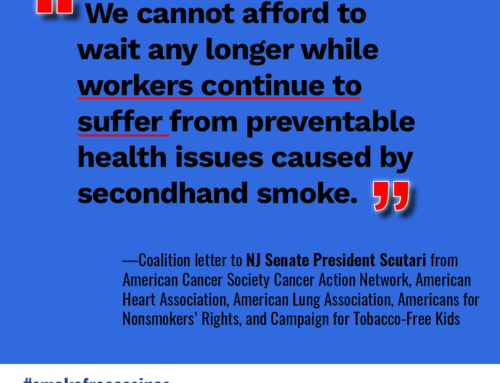Using intense tactics reminiscent of Big Tobacco’s strategies, JUUL is sending representatives to Tribal health committees, giving out free samples, and seeking approval for a “smoking cessation” program with free JUUL starter kits and a full-time program director “at no cost to the Tribe.” This proposed partnership with JUUL would not only provide the vaping and tobacco industry with unprecedented data on tribal members, but also the potential to undo years of tobacco prevention progress on tribal lands.
ANR Foundation and Rribal partners have put together a few resources to help Tribes resist partnering with vaping companies like JUUL. Resources include infographics, letters of support, and a sample Tribal resolution on electronic smoking devices and tobacco industry partnerships.
ANR Foundation also partnered with the National Native Network for a recent webinar “Tribal Sovereignty and E-cigarette Companies – an Emerging Concern” along with ClearWay Minnesota, the Canli Coalition, and the Great Plains Tribal Chairmen’s Health Board.
Tobacco industry documents show that tobacco companies have targeted American Indian/Alaska Native populations for decades. The Industry labeled American Indian/Alaska Natives in documents as coming from “broken homes” and “extreme poverty” with a “lack of direction and productive activity with little to do and a sense of hopelessness.” The Industry then exploited Tribal sovereignty, the traditional use of ceremonial tobacco, and poverty to addict American Indians/Alaska Natives to commercial tobacco for generations.
Tobacco industry giant Altria (parent company of Philip Morris USA) recently invested $12.8 billion for a 35% stake in JUUL. The Industry wouldn’t be investing if they didn’t expect a huge payout in profits. Altria is a RICO racketeer found to have engaged in decades of lying to the American public about the health hazards of tobacco and exposure to secondhand smoke.
JUUL is using tobacco industry tactics by giving away JUUL devices free to Tribal decision-makers; offering money and free or low cost devices with a “switching program” for Tribes; hiring Tribal members to promote JUUL; making scientifically unproven claims about JUUL’s effectiveness as a cessation device; and promoting their youth smoking “prevention” program. The Canli Coalition had a swift response to JUUL’s tactics by promoting education and health.
It’s time for JUUL to leave Indian Country and stop targeting this population with their addictive nicotine products.







